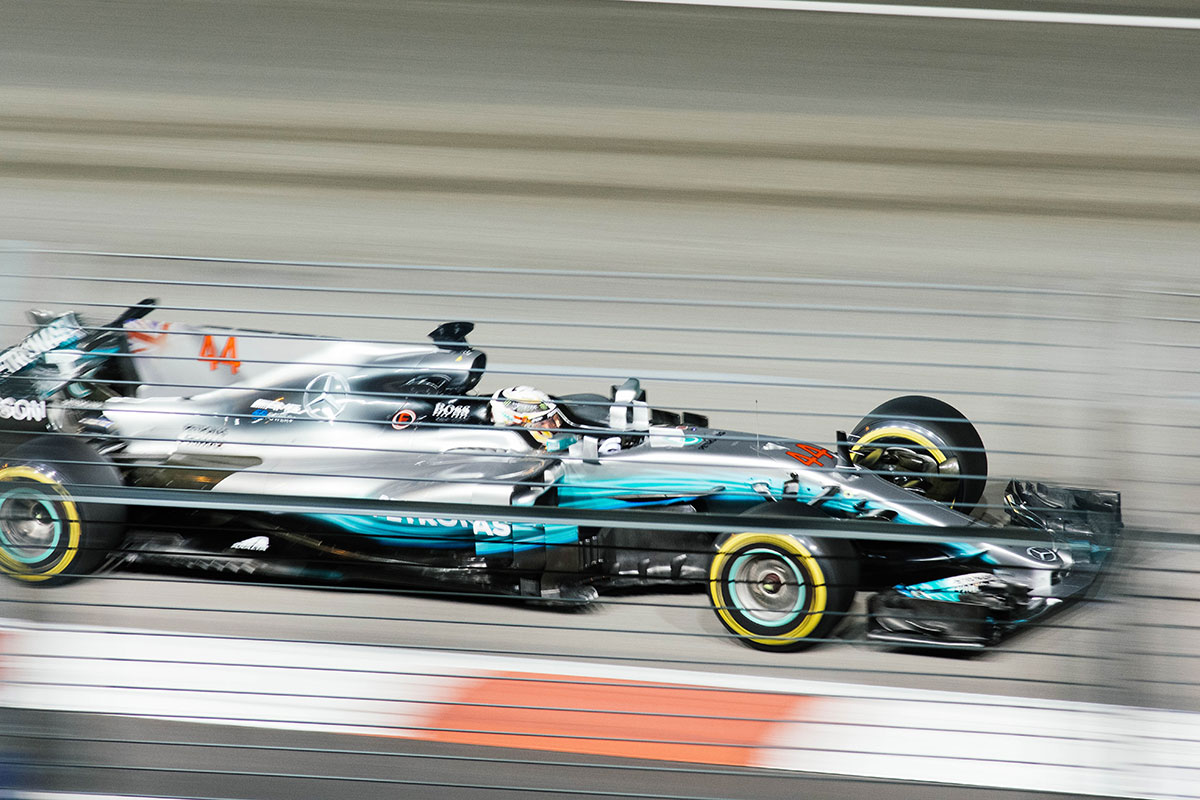Keeping on top of search engine algorithm changes is crucial to maintain the effectiveness of your paid search strategy. Search engines such as Google regularly tweak their algorithms to improve user experience and deliver more relevant results to search queries. The role of marketers is to be proactive in adapting to these changes, and in this blog, we will explore key strategies you can use to stay ahead.
Continuous monitoring
The first step, of course, is to keep informed about upcoming algorithm changes. Regularly monitoring industry news, search engine announcements, and algorithm updates ensures you are kept in the loop. The best method is to develop a continuous analysis system to understand how any changes may impact your Paid Search campaign performance and allow yourself time to adjust your strategy accordingly.
Core algorithm updates
Core algorithm updates for search engines can significantly impact search rankings. As mentioned above, keep informed regarding these updates and assess how they could potentially affect the performance of your Paid Search campaigns. For example, Google provides insights into core updates that give marketers useful guidance for adapting their strategies.
Keyword strategies
Algorithm changes can influence the effectiveness of certain keywords. Your keyword strategies should be diversified to include a combination of short-tail and long-tail keywords to broaden your reach and make your campaigns more resilient to the impact of algorithm updates.
Quality Score (QS)
Search engines increasingly prioritise the quality of ads and landing pages in their algorithms. A key focus should be maintaining a high QS, which can be done by ensuring ad-relevant, compelling ad copy and optimised landing pages. These features do not only impact QS but also the user experience.
Machine Learning (ML) and automation
Platforms like Google Ads offer automated bidding strategies and smart campaigns that can optimise your campaigns based on real-time data, which includes dynamically adapting to algorithm changes.
Content creation
As well as Quality Score, algorithm changes often prioritise content that matches user intent and is deemed to provide value. Your content creation strategy must be tailored to address your target audience’s needs and interests to align with the search engine algorithms and increase user engagement.
Update ad creatives
These changes can influence keyword performance and may also impact your ad creatives’ visibility and performance. Periodically update your ad copy and creatives based on existing performance data to reflect the latest industry trends and algorithmic preferences. A/B testing ad creatives is a strong strategy for identifying what resonates best with your audience and what the algorithms favour.
Mobile optimisation
With an increased proportion of search engine queries on mobile devices, it is necessary to optimise your content for mobile users. Due to these changes, the algorithms favour the more mobile-friendly content and ads, meaning that these are the ones that maintain visibility and effectiveness, especially after an algorithm update has taken place.
Conclusion
Adapting to algorithm changes in Paid Search requires a proactive and strategic approach. Algorithm updates should be seen as an opportunity for optimisation rather than a setback. If this way of thinking is embraced, you can ensure that your Paid Search strategies adapt to these algorithm changes and continue performing well.
Our advice? Staying informed means staying ahead. Be ready to take advantage of the new opportunities that each algorithm update presents.
Need help adapting your Paid Search strategies to suit search engine algorithms? Contact the ExtraDigital team – we’re always prepared for algorithm updates and can offer expert advice on navigating these changes.











